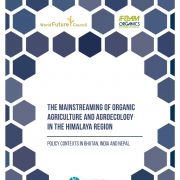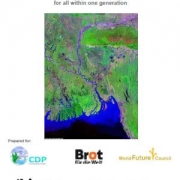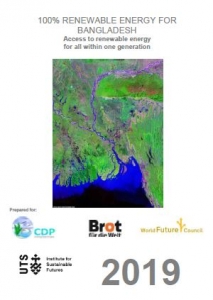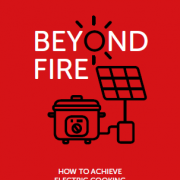The Mainstreaming of Organic Agriculture And Agroecology in the Himalaya Region
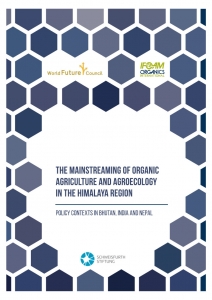
Excerpt
The Mainstreaming of Organic Agriculture And Agroecology in the Himalaya Region: Adequate policies that advance the transition towards sustainable agriculture and food systems to ensure healthy food for all, to overcome social and economic inequalities and to protect our environment, climate, and biodiversity, are urgently needed. After highlighting the world’s best policies scaling up agroecology with the Future Policy Award 2018, the World Future Council and IFOAM – Organics International proudly present the study “The Mainstreaming of Organic Agriculture and Agroecology in the Himalaya Region. Policy Contexts in Bhutan, India and Nepal”, realized with the kind support of the Schweisfurth Foundation. It is follow up of our efforts to showcase existing political support towards organic farming and agroecology and brings new insights on the current institutional efforts and limitations of mainstreaming sustainable agriculture across the Himalaya Region, with a focus on three countries: Bhutan, India and Nepal.
Preview
There is no doubt that organic agriculture and agroecology provide an effective pathway for achieving the Sustainable Development Goals (SDGs) and delivering the 2030 Agenda. The sustainable management of our planet’s natural resources underpins our ability to achieve these
targets. The transformation of our agriculture and food systems will represent an essential step towards this vision. The right to food is recognized by the 1948 Universal Declaration of Human Rights and was enshrined in the 1966 International Covenant on Economic, Social and Cultural Rights. However, discussion on achieving a world free from hunger is often associated with a plea for increasing productivity with any means. This short-sighted approach needs to be reversed. Food systems need to be transformed with a systemic and holistic approach, while food and those who produce it need to be valued. When food is produced in a sustainable way, it increases food security, preserves natural resources, enhances biodiversity, and reduces greenhouse gas emissions. The complex nature of the challenges we face and the urgent endeavour our policymaking is called to address require public policies designed, implemented, monitored, and revised in a coherent, participatory, and comprehensive manner, as defined by the Seven Principles for Future-Just Lawmaking. These are based on the International Law Association’s 2002 Delhi Declaration on Sustainable Development Law.2 In addition, we have to ensure that our policies create a conducive environment for supporting the transition of our food systems. Hence these policies should respect the four Guiding Principles of Organic Agriculture3 and the 10 Elements of Agroecology.

